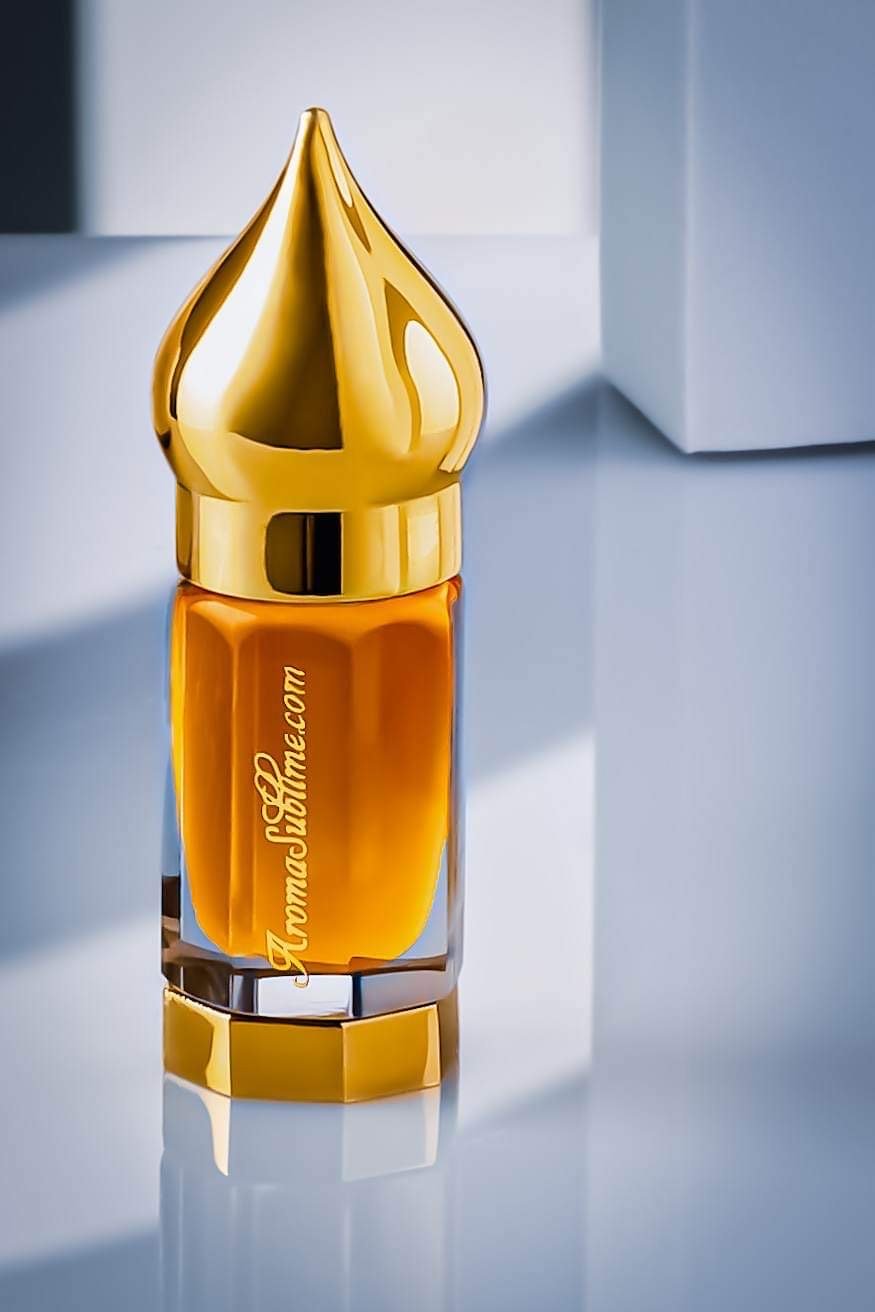To barn or not to barn: Understanding so-called "barn" notes in Oud and perfumery
Oud, the essential oil of agarwood, offers us perhaps the most complexity and variety of any single-source natural aromatic in the world, the reason for its revered status and obsessive study by its devotees.
Barn. barn? barn!
Newcomers to the world of Oud might find this “barn” business to be an enigmatic and quirky bit of nomenclature, little used and rarely needed in more mainstream olfactory explorations. Indeed, we at Aroma Sublime think that the term barn is widely overused. At best, it’s a slightly lazy generalization; at worst, a means of excusing or obfuscating less desirable notes in the marketing of inferior Oud.
What do people really mean by barn when describing the aromatic notes particular to Oud?
The descriptive barn might encompass a variety of pleasant or pleasantly harmonized animalic notes, variations of human body odor, pheromones, straw, horse, sheep, dog, civet, musk, horse`s stable, the full range of leather notes, light fermented notes, astringency, a whole palette of woody notes, cheese in all its variety, grassy green notes, sheep’s wool, lanolin, and many many more.
The controversy arises, however, around some other aromatic notes that many novices or casual aficionados might not dare to declare openly; fecal, urinous, ammonia, “cat box”, fermented, rotten, necrotic, rancid, or intense human body odor in all its variations. We deign to propose that the majority of customers should be informed when especially intense notes of controversy feature strongly in an Oud. We believe you should know what you are investing in.
We do not name these aspects in any spirit of judgment or dismissal, but rather in the spirit of clarity and transparency. We are not here to “yuck anyone’s yum” or to pass judgment on a matter that is highly subjective on an individual and cultural level. But we think precision is important. A lack of precision and transparency in the Oud culture at large, we are convinced, has permanently dissuaded many potential Oud lovers in their earliest explorations.
Its essential to note that many places in the world where Oud bears its longest and greatest histories, strongly favor all the aromas that the term barn encompasses. Without question, there are excellent Ouds that are all about barn. However, we feel that even in an Oud culture where everything-barn is beloved and extolled, there exists a spectrum of quality and degrees of refinement that the customer deserves to be informed about. Horse & stable, or horse manure? Yes, we think you deserve to know!
The important question for us is, are these more challenging aromatic features more likely to persuade or dissuade? Will they be most generally experienced as pleasant or unpleasant, alluring or off-putting? Its there a harmony and a dance, or is there a slap in the face?! How and for how long do they mingle and interact with the other aromatic notes in a particular Oud?
On the other side of the spectrum, there are those who might be inclined to reject the possibility of these more controversial aromatic notes being in any way pleasant or desirable. We will let you in on the not-so-secret secret in the perfume industry both contemporarily and historically: These “taboo” aromatic notes will almost universally delight and seduce the human nose when they are carefully woven into a scent formula; artfully, subtly, as punctuation or sub-text rather than an overt theme. In many cases, they are mere glimmers in a well-designed blend, precisely sub-perceptual and therefore subconscious in their effect.
This subtle application of these more challenging aromatic notes translating directly to wider acceptance and appreciation generalizes well in Oud as well, the difference being that the variations in Oud are more a result of inherent natural chemistry, and less the result of precision human formulation (as in the case of perfume, especially modern synthetic perfumery). This natural occurrence, which we help to isolate and express through distillation, is part of the unique appeal that Oud offers.
To conclude, we feel that Barn has become an all too common euphemism and catch-all for all of the more challenging aromatic features that Oud might bring. Barn is often is a word carefully chosen by marketers to obfuscate an excess of controversial aromatic notes, especially when they feature excessively or disharmoniously in a lower-quality Oud’s aromatic spectrum. Experienced Oud aficionados will know exactly what we mean. Barn is too often used as an excuse to sell you a disappointing Oud.
Aroma Sublime, A Different Approach to Oud
We offer a very clear description of our Oud oils including how the aroma transforms through the drydown. We are not afraid to list less popular or more challenging aromatic notes and discuss how they present in our Oud oils. If they are present at all.
We do our best to offer a careful and precise approach to everything “barn” might encompass. We specialize in Oud featuring very moderate and well-harmonized “barn” aspects on the more accessible side of the spectrum. We are not afraid to discuss these in detail.
We are known for cleaner, sweeter, rounder Oud oils from 100% wild agarwood that is not fermented or burned. We are known for cleaner-spectrum Oud oils, with smooth and round aromatic features. We are known for our careful selection of premium wild agarwood, our passion for gentle traditional distillation techniques, and our patient aging protocols.
All this results in a more reliable Oud experience. No euphemisms and vagueries. No excuses. Just reliable Oud.


